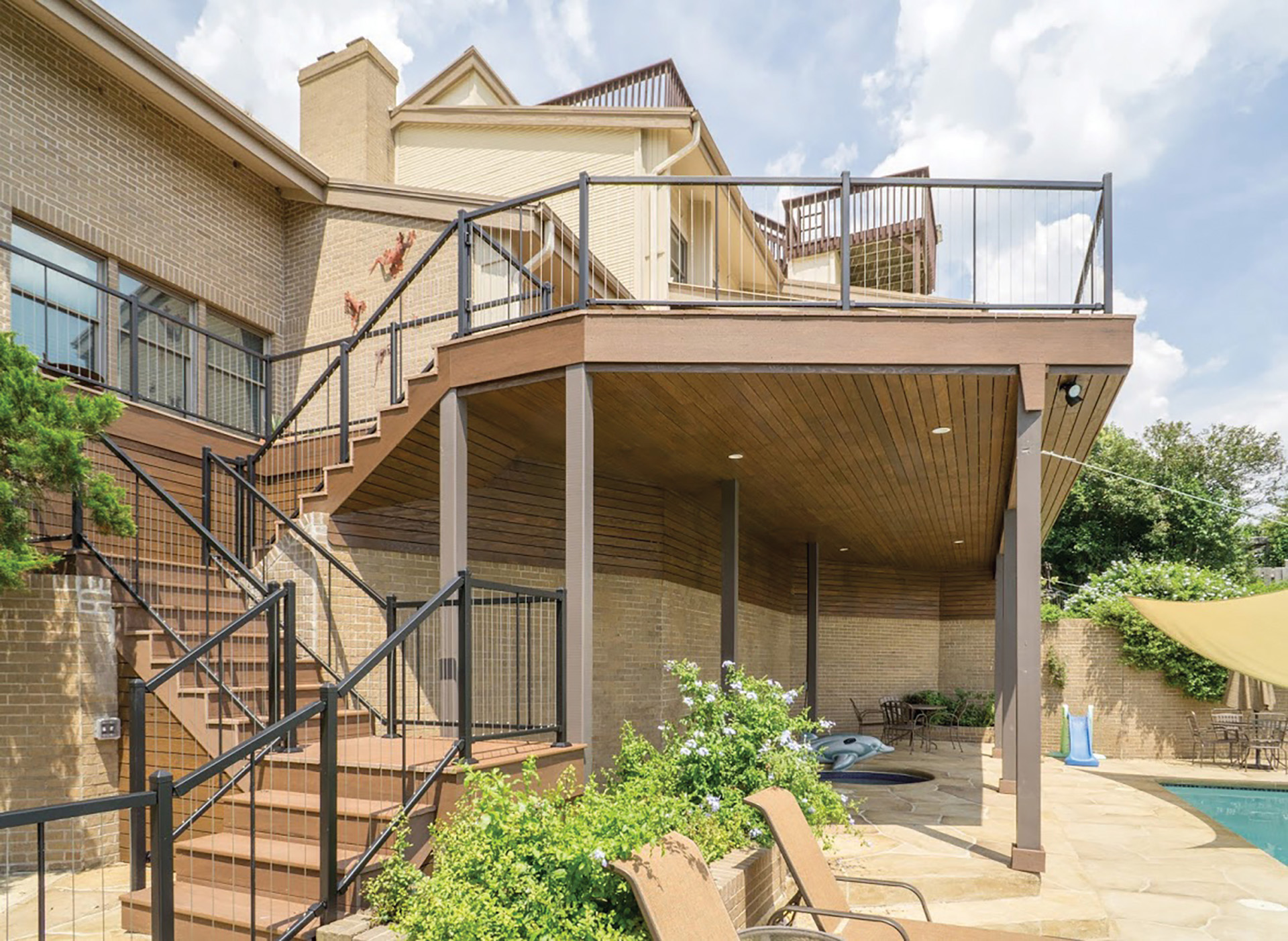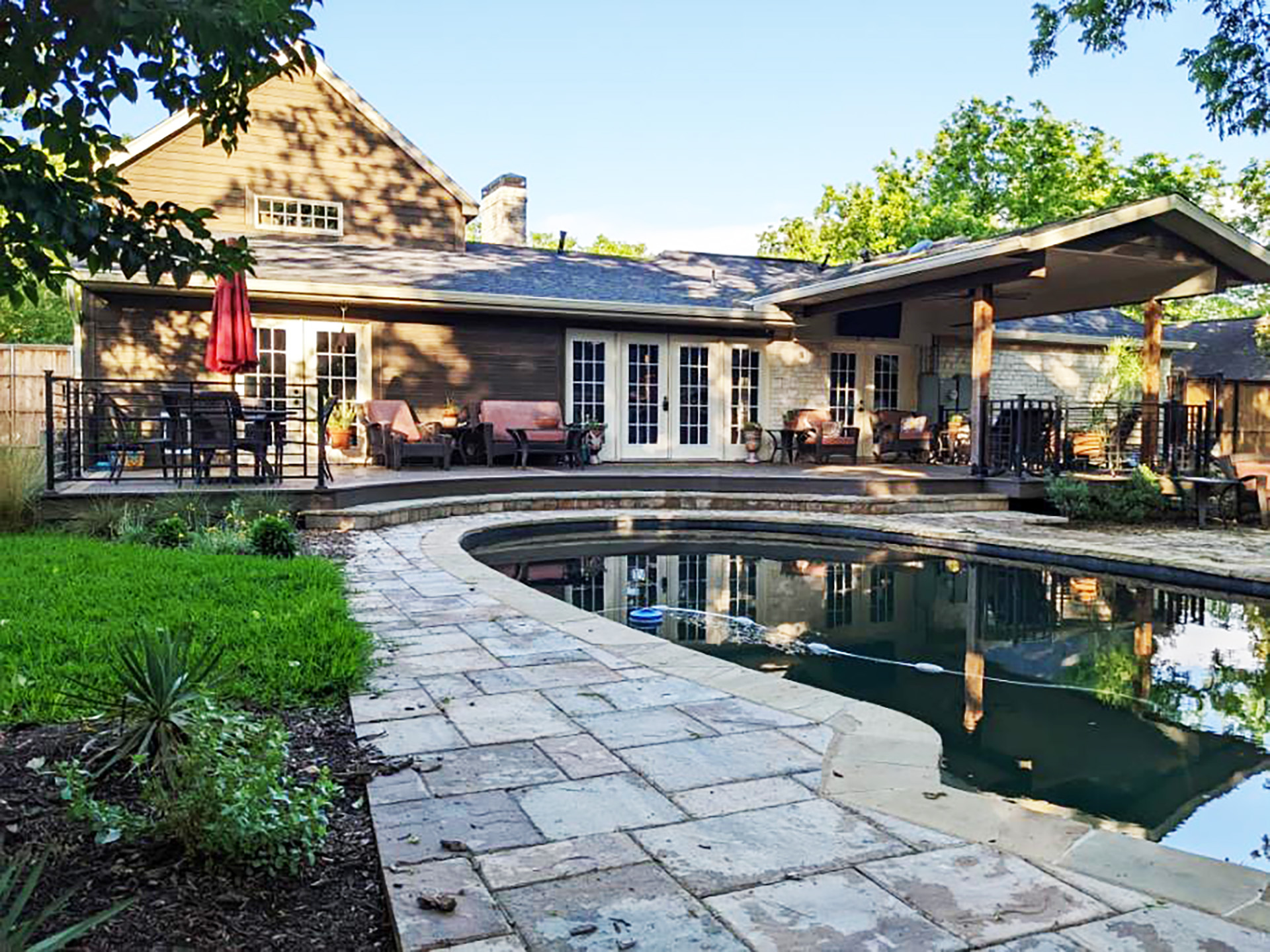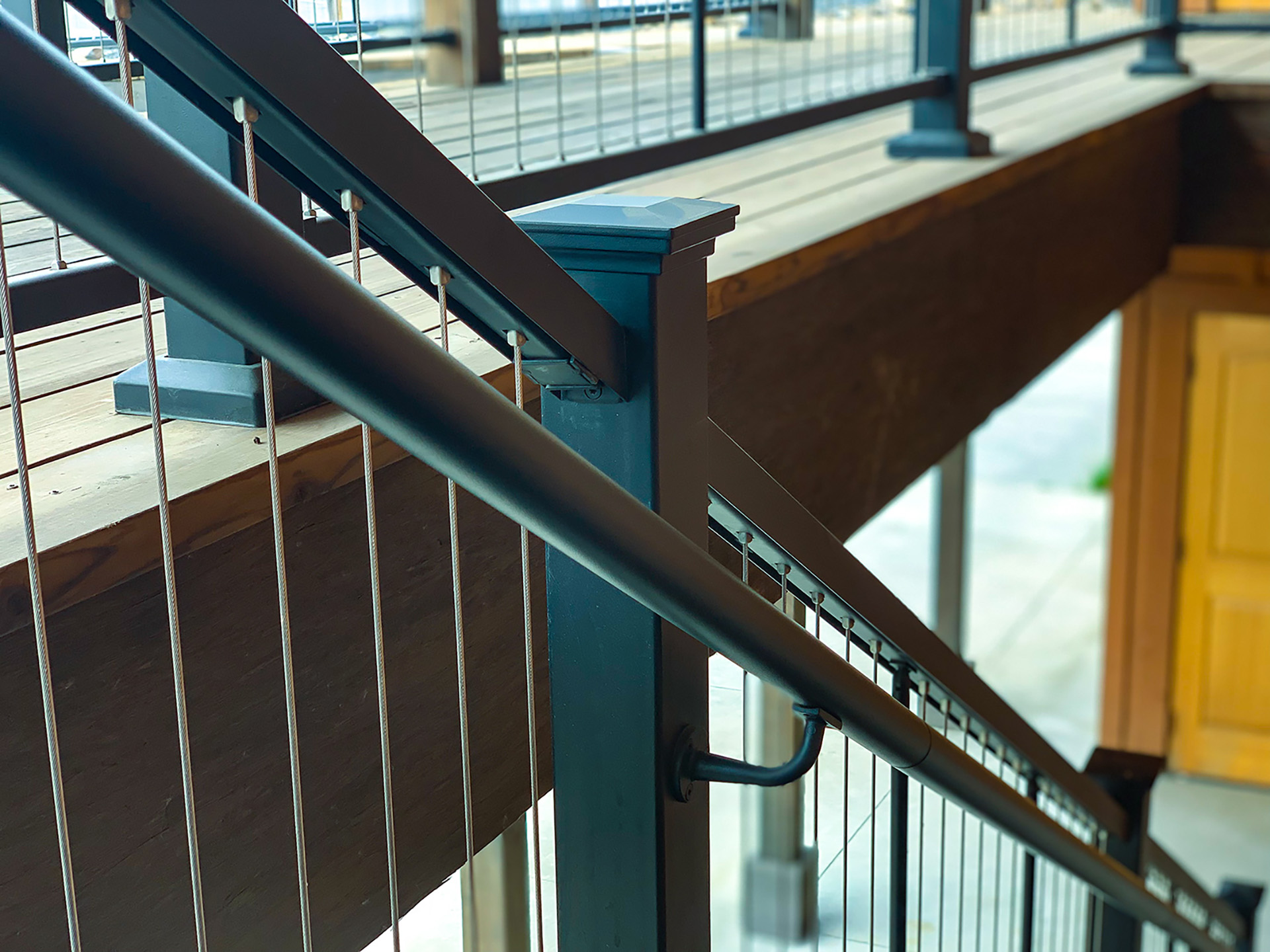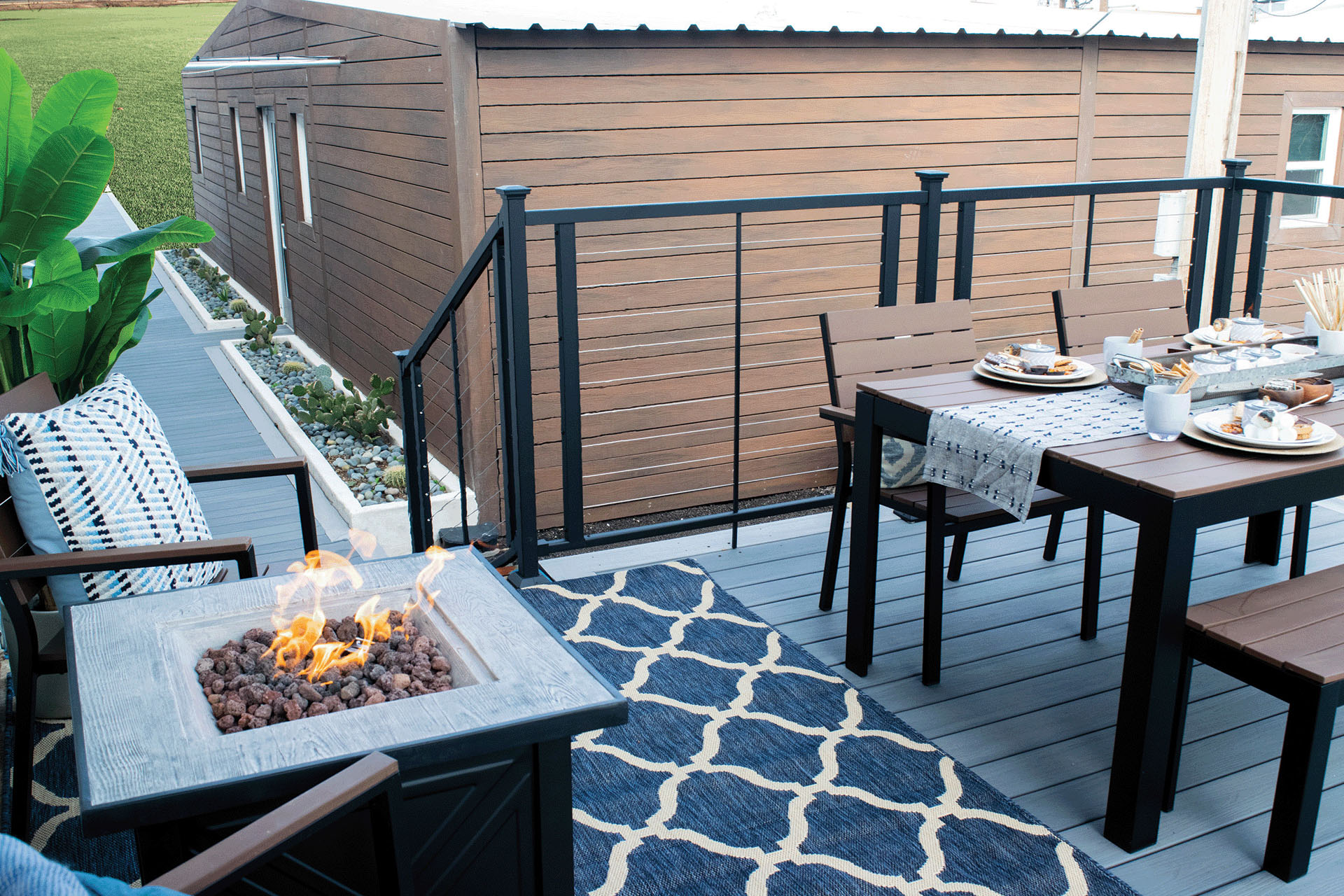╳

Get The Latest On Our Greatest
Subscribe to Our Company/Product Updates

Wednesday, May 8, 2024
Over the last few years, homeowners have increasingly gravitated towards wood-alternative outdoor building materials. No surprise here! Materials like steel check multiple boxes: high-performance, stylish, low-maintenance and sustainable. These wood-alternative options also help create luxurious outdoor spaces while freeing homeowners from the hassle of labor-intensive and costly upkeep.
Central to these updates, deck railing has become a primary focus in outdoor living projects. While many homeowners are turning to steel railing, citing expert testimony to steel's strength and durability, some are still hesitant to make the move to steel deck railings due misconceptions and myths that appear as answers to 'what is the disadvantage of steel?' Advances in steel deck railing manufacturing have made strides to sideline concerns of the past. Today's steel deck railings are built to last and offer homeowners every bang for their buck.
Continue reading as we debunk common myths about steel deck railing.


Myth #1: Steel deck railings are prone to water stains and rust
Let's be honest, elements of nature-particularly moisture-can prove to be challenging for most outdoor building materials to handle. Wooden railings, while loved for their charm and rustic appeal, are susceptible to rotting and insect damage. Even when meticulously maintained they will eventually deteriorate after long-term exposure.
In contrast, steel deck railings are inherently resistant to the damaging effects of moisture. What's more, leading railing manufacturers offer systems made of galvanized steel, finished with a premium powder coating to enhance their resistance to the elements.
Myth #2: Steel deck railings are cost intensive
Some homeowners have heard that steel deck railings are costly. While some steel deck railing options may present a higher upfront cost than an old-school material like wood, that is not the whole story. To evaluate a material's total cost of ownership, it is important to calculate its life-cycle cost and the long-term value it offers. While often lower on the initial investment, wood is maintenance-heavy. A wood railing typically needs to be power washed, sanded, restained and resealed to delay its inevitable decay. Often this means a complete deck railing replacement and over time, the maintenance and replacement costs add up both financially and in terms of weekends and evenings lost to upkeep.
Incredibly durable, steel railings only need to be washed periodically with soap and warm water, and pat dried with a soft towel. This greatly reduces the labor needed to keep railings structurally sound and aesthetically beautiful. Moreover, because steel is invulnerable to rot, insect and fire damage, it can outlast other railing materials. This can substantially lower the overall cost of ownership by reducing the number of replacements and complete railing overhauls.


Myth #3: Steel deck railings are difficult to install
In the past, steel components required heavy-duty equipment to be cut and were often difficult and complex to install. This meant they could only be installed by professionals, which may, understandably, not appeal to all homeowners. Sidelining these concerns, Fe²⁶ Axis horizontal steel railing from Fortress Building Products is a pre-welded system that has posts with pre-attached brackets for a straightforward install. Making a statement, it combines the unmatched strength of steel with a sought-after modern design. The sleek horizontal panels create the illusion of a larger outdoor space, visually expanding the width of a deck.
Steel deck railings are a valuable addition to any outdoor living space
The proven performance of steel deck railing can help homeowners create the ultimate backyard destination without having to worry about costly routine maintenance or a tricky install.
Click on the “Where to Buy” tab to track down our Fe²⁶ Axis horizontal steel railing—or any of our other proven steel offerings—for your outdoor space.
Search